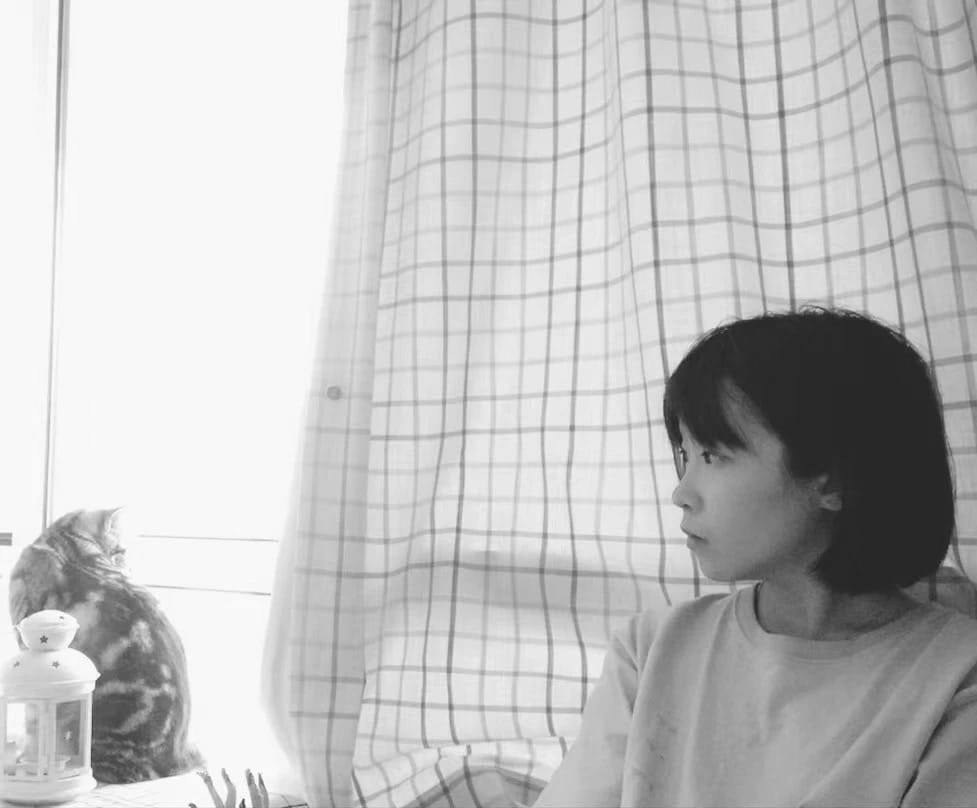Interview Yang Zhihan

Yang Zhihan doesn’t quite fit the mold of a typical “Northeastern writer.” Born in 1994, she left Northeast China at the age of eighteen, and this year marks her twelfth year living in Hangzhou, Zhejiang. Parts of the plot in her novels are born from “time-travel moments” where, while cooking or playing on her phone, she suddenly recalls a scene from her past. Her characters often come from her interest in observing strangers and letting her imagination run wild. When eating out, her friends would say, “Old Yang’s eyes are never still, always listening to and watching the elderly people chatting at the next table.”
She likes elderly people, feeling a connection with them that reflects her own inner world. But there are times when she feels a disconnect, unable to write, so she convinces herself that she is the character in the story, learning how they speak, looking at herself in the mirror, and imitating their walk. Her grandfather also resonates with this idea, believing that this “engineer of the human soul” will definitely get Alzheimer’s when she’s older because she “overuses her brain.”
Sanmingzhi: This book, A Block of Ice, deals with a lot of death, but the atmosphere surrounding the stories of death in this book seems to have shifted. Has your perspective on death itself changed?
Yang Zhihan: Yes, it has. In fact, I’ve had very little direct experience with death. It wasn’t until Chinese New Year’s Eve two years ago that a relative of mine, who wasn’t even very close to me, passed away, and I truly felt it. It was because of my insistence, as my family had been trying to protect me, thinking I was still a child and not wanting me to witness these things. So it wasn’t until I was nearly 30 that I finally attended a proper funeral. The entire process, from the hospital to the crematorium that day, made me feel like something inside me changed. Afterward, I wrote Inscribing a Tombstone in this book.
This kind of change is actually a good thing. Before truly witnessing death, I often found myself emotionally torn, mentally drained, but after seeing it, I realized that a lot of things aren’t worth being so hung up on. I often talk about these topics with my mom. She would gently prepare me, saying that one day we will inevitably be separated, but that separation isn’t something so despairing, because it’s something destined from the moment you’re born. Does this topic sound too dark? But even as I describe it in such calm terms now, when I witnessed death, I experienced very intense emotions. What was harder was that when I later reflected on it, when none of the people who had gone to mourn with me were around, I kept thinking about it, over and over again—that pain.
By Yang Jiaqi